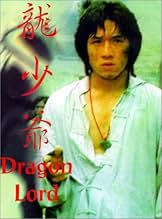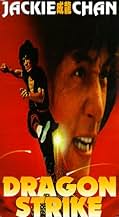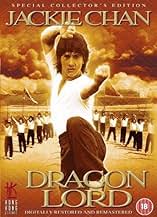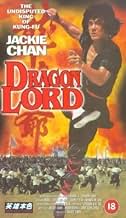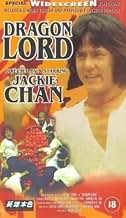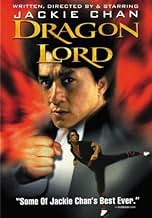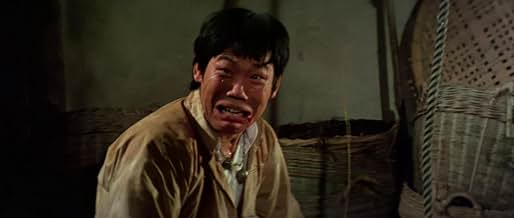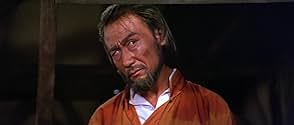The adventures of a restless martial arts student called Dragon, who, while constantly pursuing a girl, gets involved in the affairs of a gang of thieves.The adventures of a restless martial arts student called Dragon, who, while constantly pursuing a girl, gets involved in the affairs of a gang of thieves.The adventures of a restless martial arts student called Dragon, who, while constantly pursuing a girl, gets involved in the affairs of a gang of thieves.


